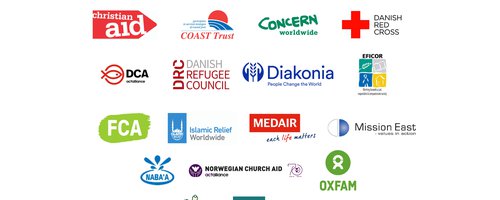HQAI. So you can #TrustAid.
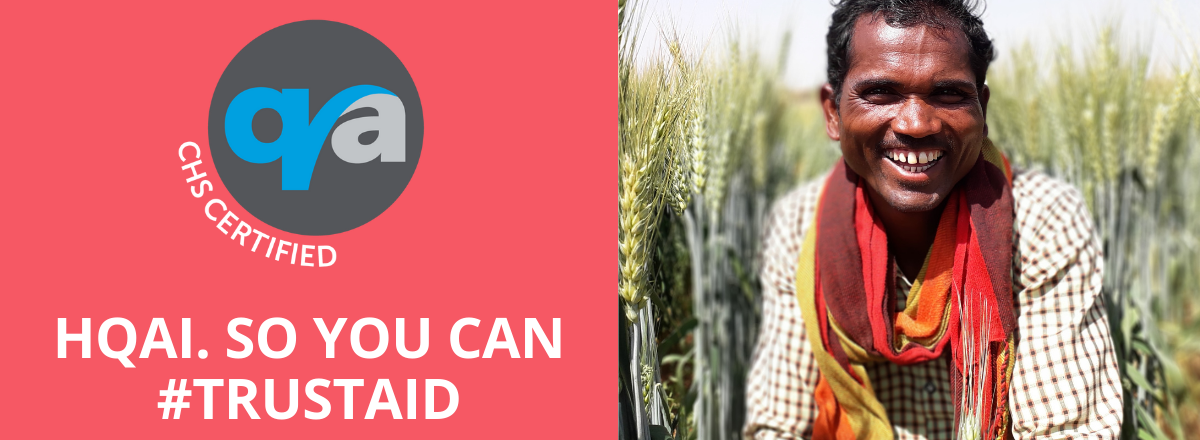
As the world copes with increasing humanitarian emergencies, the importance of humanitarian aid is there for all to see.
A little less easy to understand, however, is the nexus between the certification of an organisation (on the quality and accountability of their work) and the related degree of trust that actors in the humanitarian sector - from donors to local communities - place in them.
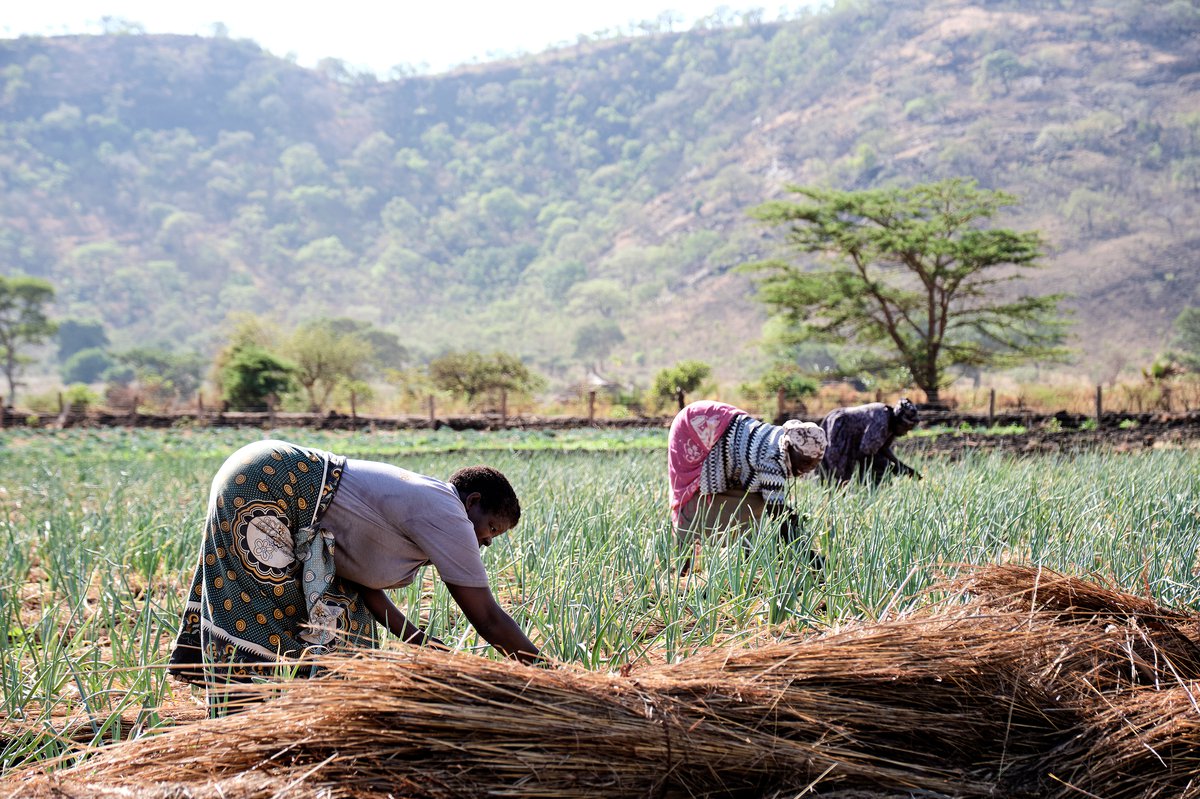
The story begins...
This is the story of CHS, a Standard designed to be measurable and hold humanitarian actors to account
HQAI originated from a long-term evolution of the aid sector towards better accountability to crisis-affected communities. Accountability to crisis-affected communities gained momentum, in particular after a joint evaluation of the humanitarian response to the Genocide in Rwanda in 1996 concluded: “The current mechanisms for ensuring that NGOs adhere to certain professional standards are inadequate”.
In parallel, donors and aid actors invested in the professionalisation of the aid sector to improve the outcome of humanitarian responses to disasters and emergencies. In 2014, the Core Humanitarian Standard on Quality and Accountability (CHS) was launched as a result of a sector-wide consultation process.
The CHS was designed so that its application is measurable. The CHS Alliance, one of the copyright holders of the standard, offers three options for organisations to measure their performance, track changes and detect areas for improvement: self-assessment, certification and independent verification. The last two are conducted by HQAI.
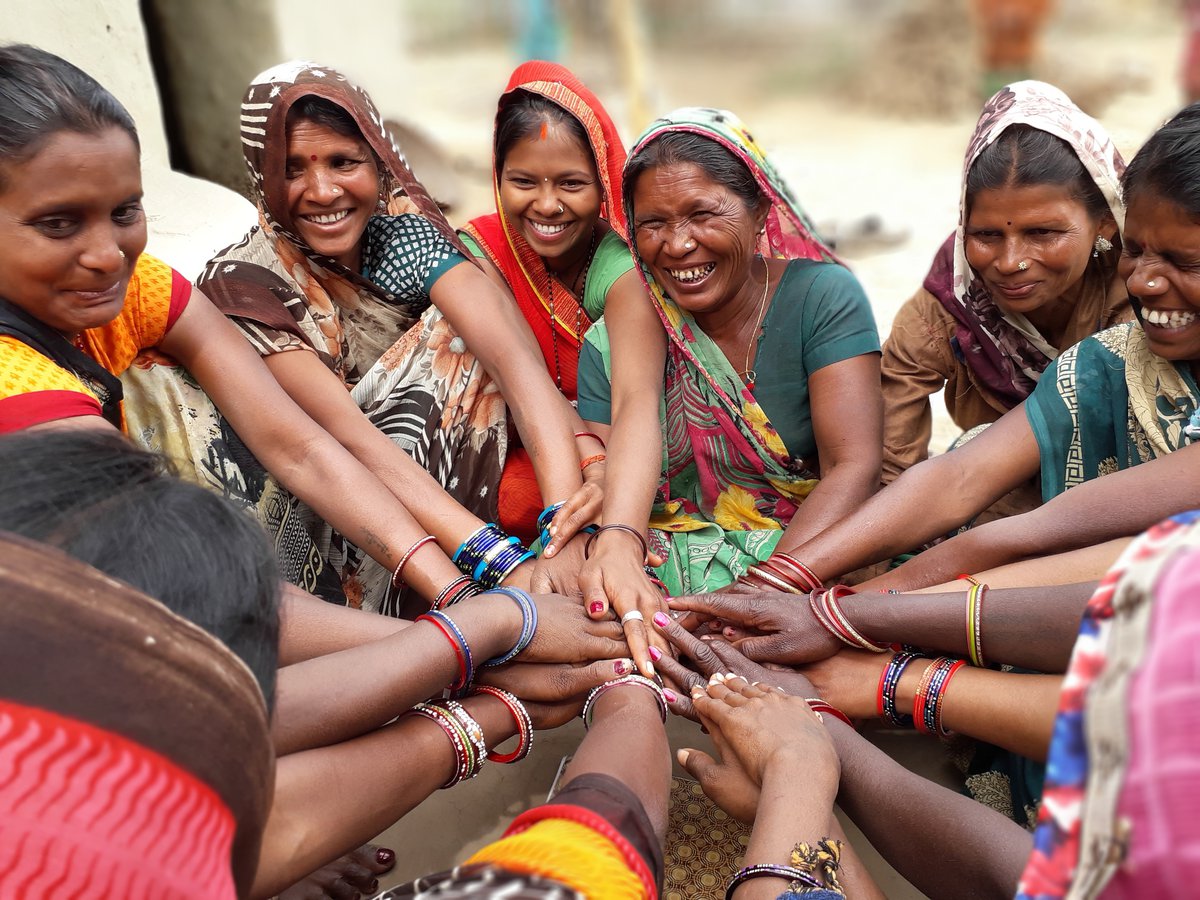
The nexus between certification and trust
To gauge public opinion on the link between certification and trust in the aid sector, HQAI has conducted an online survey with almost 190 respondents in 2021. We wanted to test Edelman’s 2021 Trust Barometer, which found that trust in NGOs had plummeted for the fourth consecutive year, and that NGOs were currently less trusted than the business sector in most of the world. While our survey did not show the lack of trust announced by Edelman, it pointed out that trust in aid would be further increased by certification, as confirmed by 64% of respondents, along with greater transparency (according to 77% of respondents).
Some often mentioned benefits of third-party audits and thus, certification, are increased public support (Feng, Neely & Slatten, 2016), enhanced public trust and reputation (Ebrahim, 2003), a higher perceived quality of the services provided (Becker, 2018; Cerqueira, 2009).
Such findings reassert the importance of HQAI's certification against the Core Humanitarian Standard (CHS), which holistically assesses an organisation’s systems and processes. Certification assures that an organisation has the mechanisms in place to maximise the quality and accountability of its operations, and to rapidly identify and respond to incidents of concern. It is important to highlight that no audit process can guarantee the absence of wrongdoing, be it corruption, sexual exploitation, abuse and harassment or else. However, the set-up and control of appropriate mechanisms can minimise the risk that wrongdoing happens, help identify an incident when it happens and take corrective actions timely and appropriately.
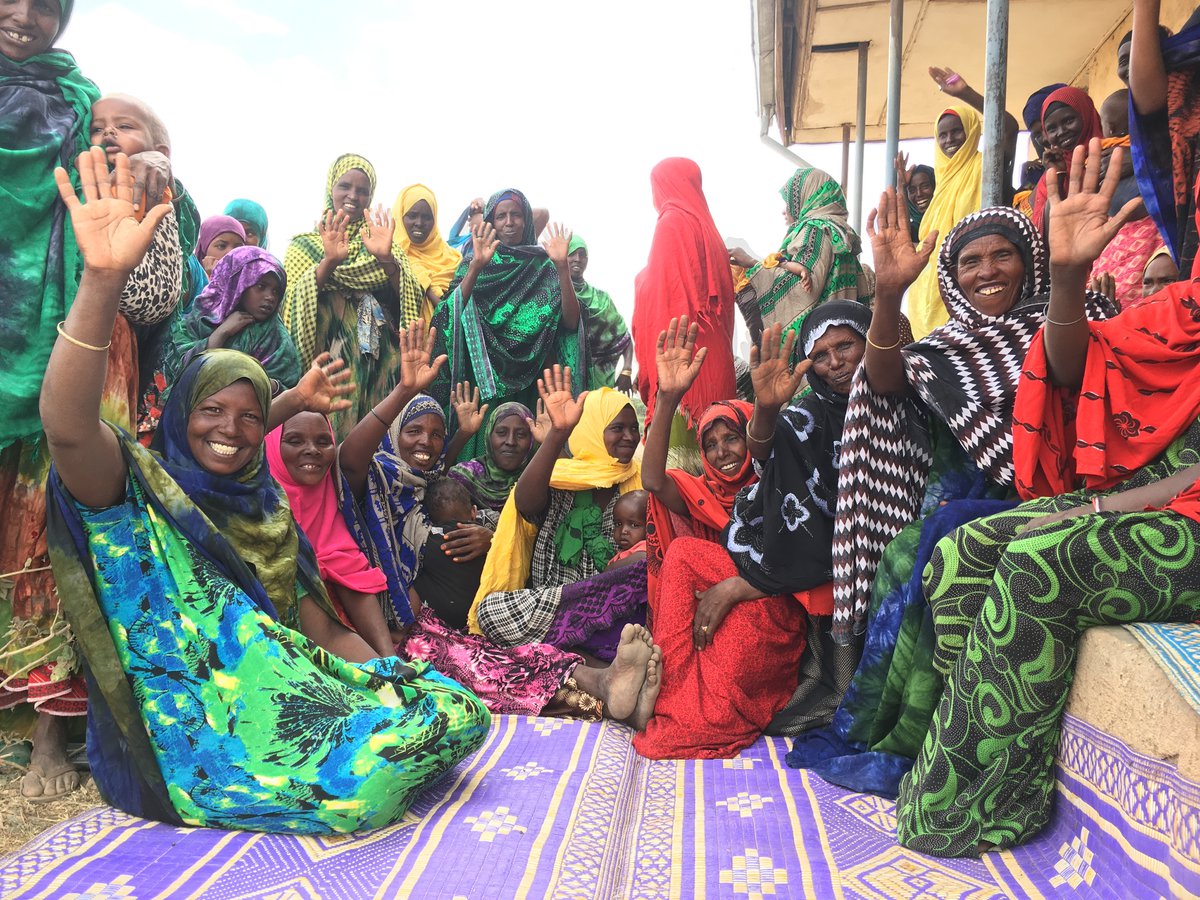
More & more organisations get on board!
In order to improve, aid organisations need to know what they do well, and what they can do better.
Some of the questions we address when we assess aid organisations include:
- Did the goods and services provided match what people in crisis needed?
- Does the organisation effectively communicate its intentions to people in crisis?
- Were the opinions of those people in crisis listened to?
So far, CHS certification is the only scheme of its kind in the sector. The HQAI audit is not about a particular country, project or context. It has a very systematic approach to assess whether an organisation has appropriate mechanisms in place to maximise quality, accountability and transparency both to donors and also, critically, to the people they aim to serve. When aid organisations are found to have met the commitments set out in the Core Humanitarian Standard, we certify that they have done so. This means they can use the HQAI CHS certification mark in their work.
You can find a complete list of CHS certified organisations here.
Though broad in mandate and diverse in their operations, all these organisations have one thing in common: a commitment to making aid more responsive and of greater benefit to the people who need it– those suffering from acute crisis as a result of disaster, poverty or conflict.
Join us!
Join a movement to improve aid: look out for the HQAI CHS certification mark.
And join our mailing list to get news of the latest organisations that have been certified and updates on HQAI's work.

Join our mailing list
Receive updates on newly CHS certified organisations.
We promise that you will only hear from us four times a year.

